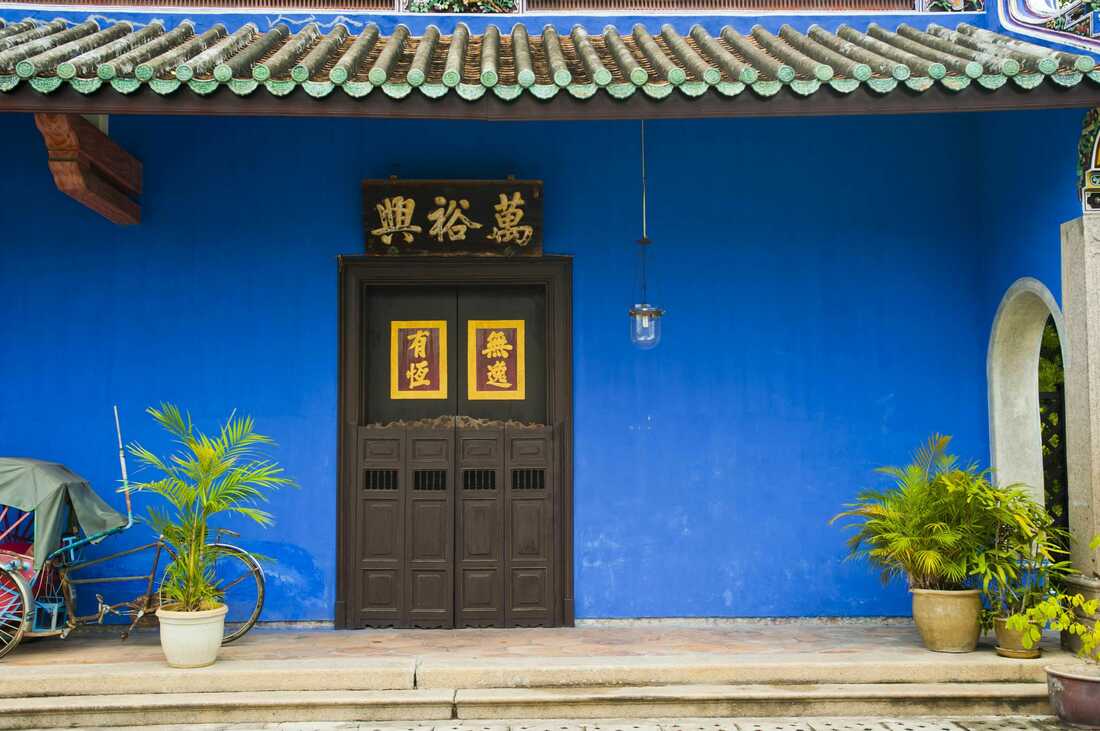This Malaysian island offers endless stories and inspiration. Just ask Tan Twan Eng
By Manuela López Restrepo
The Cheong Fatt Tze Mansion in George Town, Penang. Author Tan Twan Eng says there's a story behind every door in the city. Matthew Williams-Ellis/Universal Images Group via Getty Images hide caption
toggle caption Matthew Williams-Ellis/Universal Images Group via Getty ImagesThe Cheong Fatt Tze Mansion in George Town, Penang. Author Tan Twan Eng says there's a story behind every door in the city.
Matthew Williams-Ellis/Universal Images Group via Getty ImagesTan Twan Eng's latest novel, is a decade-shifting epic that delves into tragedy, cultural dissonance and memory loss.
Who is he? Twan Eng is an award-winning Malaysian novelist known for and and for setting his stories in his home country.
- His latest novel was longlisted for the 2023 Booker Prize.
What's going on? Twan Eng's latest novel, , is a historical exploration of stories that all share the risk of being forgotten.
- At the center of the novel is the island of Penang, nestled off the west coast of Malaysia, which Twang Eng calls home for part of the year.
- The plot revolves around a few historical events that took place in the early 20th century.
- It interweaves the stories of the Chinese revolutionary Sun Yat-sen visiting Penang at the same time as British writer W. Somerset Maugham, and the trial of a married British woman accused of killing her lover.
And being careful with the real life legacies of his characters:
I'm quite careful about offending their descendants. Well, you know, in a way, I don't want to make people unhappy or create a lot of misunderstandings. I want to present the character as authentic and accurate. So I don't go out of the way to just highlight the negative parts. But I also try to create a fair representation of the character.
So, what now?
- Twan Eng hopes the fact his story is told mostly from the British perspective can shed light on how colonial perspectives have shaped the motivations of his characters.
- "We see how they felt, that they were morally superior to the people they were ruling over during that time. And that was one of the weapons they used to justify their power, because, 'We're morally superior.'"
Learn more:



